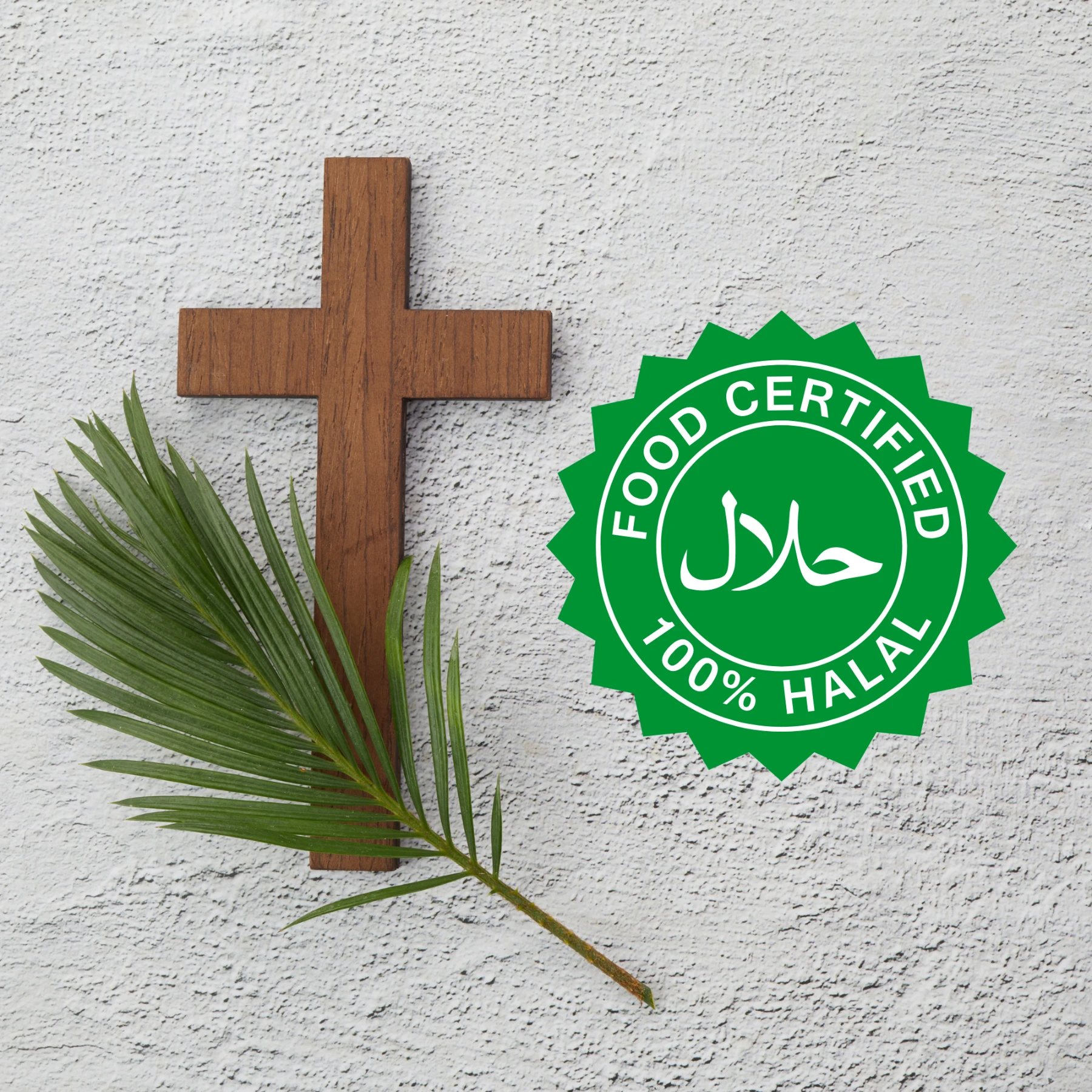When we think about food, it’s not just about taste; it’s intertwined with culture, belief, and identity. For many, this includes following religious dietary practices like halal. But what does halal mean, and is there any reason some Christians might choose not to eat it? Let’s spice things up and explore this intriguing question.
What Exactly Is “Halal”?
“Halal” is an Arabic term meaning “permissible” or “lawful.” It defines what is deemed acceptable for Muslims to consume according to Islamic law, as articulated in the Quran. Beyond just what’s on the menu, halal speaks to how food is sourced and prepared.
For meat to be halal, several criteria must be met:
- Ethical Sourcing: The animal must be healthy and treated with respect and care.
- Slaughter: The creature is traditionally slaughtered by a Muslim while invoking the name of God (Allah). This blessing is integral to the halal process.
- Full Drainage of Blood: Ensuring the blood is completely drained is crucial.
Halal isn’t confined to meat; it also involves ensuring food isn’t contaminated with non-halal elements, such as certain animal fats or alcohol.
What Does the Bible Have to Say?
The Bible doesn’t mention halal directly, as these practices developed later. However, there are biblical dietary laws, especially in the Old Testament, that bear some resemblance. Books like Leviticus outline clean and unclean animals, a bit like the halal distinctions of permissible foods.
The New Testament shifts focus. Jesus declares all foods clean in Mark 7:18-19, underscoring the importance of inner purity over dietary laws. Additionally, in Acts 10, Peter’s vision leads to God declaring that nothing He has made should be seen as impure. This moment represents a movement from strict dietary laws to a broader interpretation centered on spiritual purity.
To Eat or Not to Eat Halal: Understanding Concerns
While many Christians may find no issue with halal food, others might have reservations based on various aspects of their faith or personal convictions:
- Invocation to Allah: For some Christians, the halal slaughter process, which includes a religious invocation (Bismillah), may be a sticking point. This invocation is meant to consecrate the act to Allah, which could be seen as aligning with a faith other than Christianity. For Christians who focus on maintaining a clear distinction in their spiritual practices, this might be uncomfortable.
- Religious Identity: There are Christians who value their identity in Christ and see dietary freedom as a release from Old Testament legalism. Participating in halal, for them, may feel like stepping back into ritualized religious obligations that they believe Christ has liberated them from.
- Understanding Rituals: Some Christians might find the religious undertones of halal preparation unfamiliar or challenging to reconcile with their faith practices. Viewing eating as a physical necessity rather than a spiritual ritual can lead to some level of discomfort with foods prepared under religious rites of another faith.
- Perception of Compromise: There’s also a perception among some that eating halal might inadvertently suggest a compromise of their own religious beliefs. While this is more a matter of perception, it’s a valid personal concern for those who want transparency in their faith expressions.
Why Many Christians Are Open to Halal
Despite some reservations, many Christians see no conflict with eating halal. Here’s why:
- Shared Values: Halal’s emphasis on ethical treatment of animals and cleanliness appeals to those concerned with animal welfare and food safety.
- Biblical Freedom: The New Testament’s teachings offer Christians significant dietary freedom, provided their actions align with their conscience and expression of faith.
- Cultural Respect: Opting for halal can be a gesture of respect when dining with Muslim friends, reflecting a commitment to understanding and appreciating other traditions.
A Broader Perspective
Sometimes, the context matters more than the food itself. Ensuring mutual respect and understanding can turn shared meals into meaningful exchanges, regardless of dietary laws. Some might choose halal as a sign of respect or as an exploration of diverse cultural practices.
Conclusion: Food as a Bridge
In closing, whether or not a Christian chooses to eat halal is often a personal decision. The Bible provides the freedom to enjoy a variety of foods, and halal is simply another way to prepare and enjoy these foods. Exploring halal dishes can be a culinary adventure that promotes dialogue and understanding among different cultures and faiths.
So next time you’re faced with a delicious halal meal, consider it an opportunity—not just for your taste buds, but for community and cultural connection. Whether it’s a rich curry or a simple shawarma, savoring the dish might just open doors to new friendships and insights. Bon appétit, or as they say in traditional Middle Eastern hospitality, sahtein!




